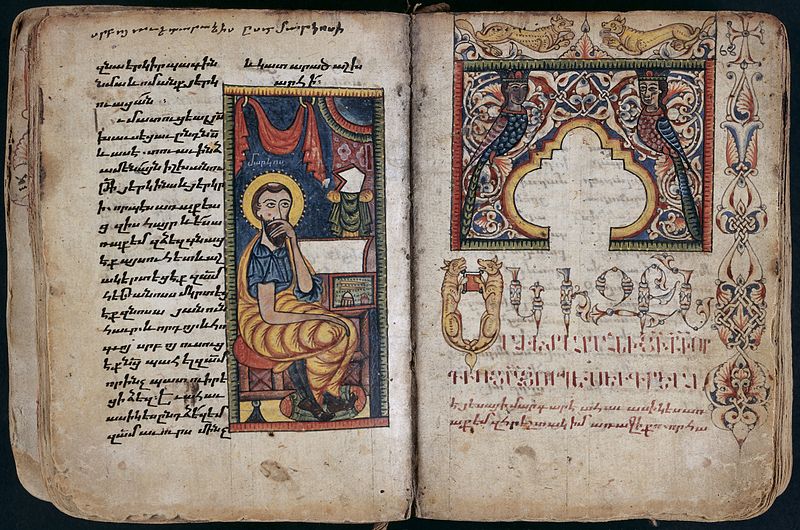
I recently received an e-mail from a person asking if the “gospels” are considered canonical and included in the Tanakh. I have answered the person privately but I believe it is important for me to also write a quick, short post answering this inquiry.
Do Jews accept the Gospels (Matthew, Mark, Luke, and John) as the Tanakh? If not, why not? Three points:
1) Everything in the gospels is under the authority of the Mosaic Law (Jesus upheld the Law throughout his ministry).
No, none of the texts from the New Testament are considered canonical by Judaism. The New Testament holds no authority or importance to Judaism. Not everything in the gospels is “under the authority of the Mosaic Law.” There are multiple ideas and actions within the gospels that go directly against the Torah (Mosaic Law). Here are just a very few examples:
We are to honor our father and mother (Exodus 20:12) yet Jesus calls for people to do just the opposite (Matthew 10:34-37).
We are to keep the Sabbath as an eternal command (Exodus 20:8-10) yet Jesus states that it is okay to break the Sabbath (Mark 2:23)
We are to place no other gods before the Eternal One (Exodus 20:3) yet Jesus places himself next to God as a fellow god (John 10:30).
The canon of the Tanakh was closed at the time of Ezra – long before Jesus even appeared on the scene. (Bava Batra 14b-15a). Even the historian Josephus declares that the canon was already accepted and closed by the time of the Second Temple (Against Apion 1:8).
*Bava Batra – http://halakhah.com/pdf/nezikin/Baba_Bathra.pdf
*Against Apion – http://www.sacred-texts.com/jud/josephus/apion-1.htm
2) The Gospels were written by Jews. Everything in them was addressed to Jews.
It is an established fact that Paul’s (the apostle to the gentiles) writings were in fact the first writings of the New Testament – not the gospels. Paul’s writings absolutely go against Torah. Mark was not written until approximately 65-80 CE. Matthew was not written until approximately 80-100 CE. Luke was not written until approximately 80-130 CE. John was not written until approximately 90-120 CE. We do not even know who wrote these gospels. The names assigned to them are tradition and have no basis in reality. In addition, since we do not know who wrote them we cannot say with certainty that the writers were even Jews.
The official canon of the church was not even set until (at the earliest) the very late fourth century at the Synod of Hippo. This means that the gospels were not officially sanctioned until hundreds of years after the canon of the Tanakh was closed. Therefore, just based upon age, the gospels would not have even been remotely considered for inclusion in the Tanakh. Just because these first-century writings by anonymous writers were directed toward the Jews doesn’t mean that they should be taken as legitimate and authoritative by the Jews. This is especially true since the gospels taught ideas and practices against the eternal word of God – the Torah. There are many early Jewish apocryphal writings that are acceptable and not against Torah that are also not included in the Tanakh even though they were written for Jews.
*Early Christian Writings – http://www.earlychristianwritings.com/index.html
*How the New Testament Canon was Formed – http://www.churchhistory101.com/docs/New-Testament-Canon.pdf
3) All Jesus’ disciples were Jews. Other than the Canaanite woman and the Roman centurion, no Gentiles are even mentioned.
There is tradition that Jesus’ disciples were Jews but that doesn’t prove anything. There were plenty of disciples of Jewish men and women during the first century who also taught similar things as Jesus. Not all the names of the disciples are even the same across the gospels and some of the disciples are not even mentioned in the Book of John.
The initial order given to the disciples by Jesus was not to preach the “good news” to the Jews but rather, it was to declare the coming of the end of days and heal the sick and drive out demons (Mark 6:7-13; Matthew 10:8; Luke 9:1). Only after Jesus rose from the dead were the disciples given the absolute commission to spread the “good news” to both Jew and gentile (Mark 16:15-16; Matthew 28:19-20; Luke 24:46-47).
